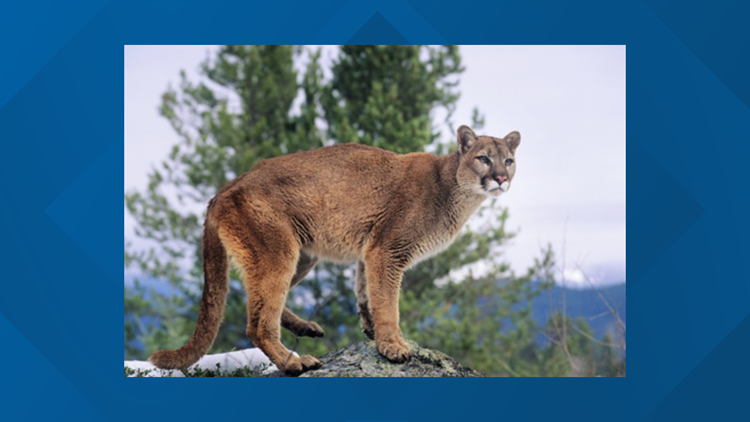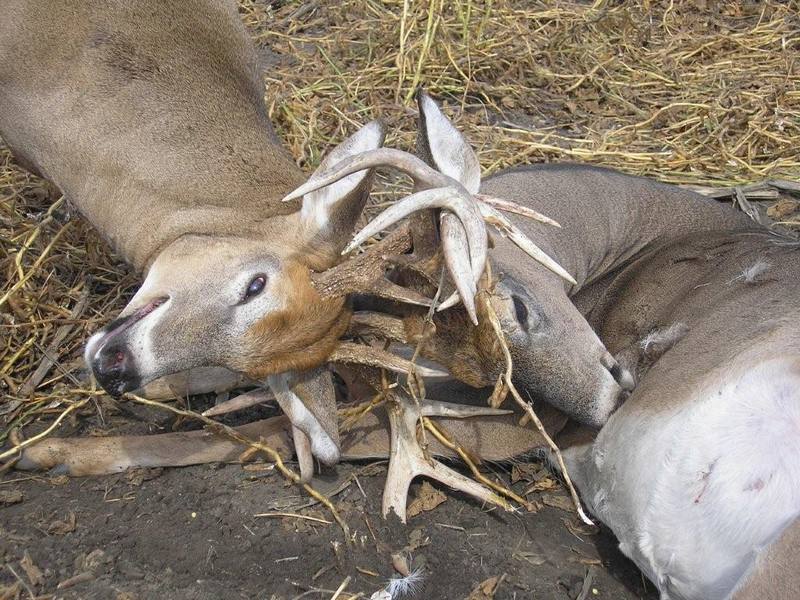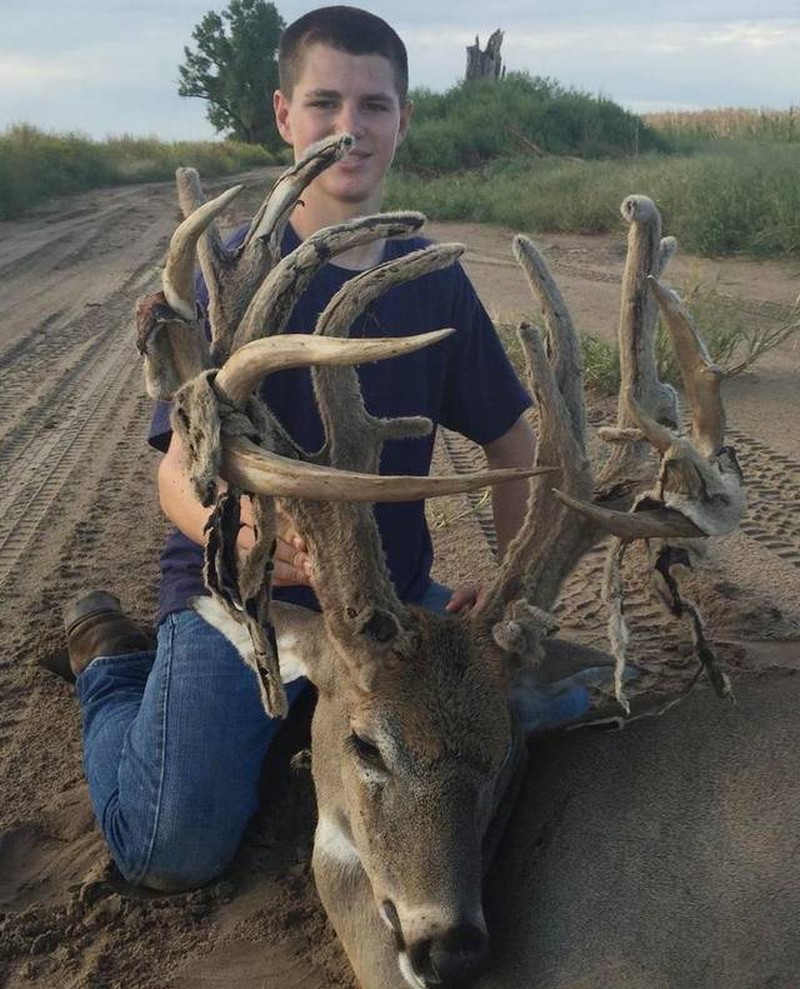- Mountain Lion Facts
- Manager Mountain Lion Bank
- Mountain Lion Pictures
- Bobcat
- Manager Mountain Lion Express
- Manager Mountain Lion Club
- Manager Mountain Lion News
Apple has kept OS X 10.7 Lion and OS X 10.8 Mountain Lion available for customers who have machines limited to the older software, but until recently, Apple was charging $19.99 to get download. Mountain lion facts. The mountain lion is also known as cougar, panther, or puma. Body coloration can range from tan to gray and cubs are usually covered with blackish brown spots. Adult males may be more than 8 feet long (from the tip of the nose to the tip of the tail), and can weigh between 130 and 150 pounds. Like Lion (OS X 10.7) before it, Mountain Lion (OS X 10.8) doesn’t ship on a disc—it’s available only as an installer app downloadable from the Mac App Store, and that installer doesn’t. Wildlife manager: Mountain lions ‘becoming more accustomed to being around people’. He said the mountain lion in his neighborhood wasn’t a full-grown adult but it wasn’t a cub either.
The Georgia Department of Natural Resources’ Wildlife Resources Division (WRD) receives calls each year in reference to large cat sightings. Traditionally, there have been two recognized subspecies of cougar or mountain lion in the eastern United States. The eastern cougar is one of many common names (others being 'panther,' 'catamount,' 'puma,' and 'painter') given to large cats that once lived throughout much of eastern North America. The U.S. Fish and Wildlife Service has recently proposed that the eastern cougar be considered extinct in the wild. To date, no credible physical evidence (carcasses, trail camera pictures, photographs, film footage, etc.) has been found to substantiate the existence of a population of mountain lions in Georgia.
Mountain Lion Information
The closest population of mountain lions to Georgia is the Florida panther with a population located southwest of Lake Okeechobee in South Florida.
Here are some additional facts:
Mountain Lion Facts
- If viewing tracks, claw marks are not typically visible in the tracks of large cats since their claws are retractable. Any large print that contains claw marks were likely made by dogs, coyotes, or bears.
- Mountain lions are solitary animals and are rarely seen by people, even in areas where they are known to exist.
- In the last 25 years, there have been only three (3) credible mountain lion sightings in Georgia. These animals were all related to the Florida panther. The most recent and well-known situation involved a hunter in LaGrange, GA (Troup County) in 2008 who shot and killed a mountain lion while deer hunting. The large cat was later genetically shown to be a federally endangered Florida panther. The hunter was charged with a federal wildlife violation and sentenced to a $2,000 fine, 2-years probation, and was prohibited from obtaining a hunting license anywhere in the United States during the probation.
- For more information: https://www.fws.gov/southeast/news/2011/11-057.html
- According to a professional biologist with the Tennessee Wildlife Resources Agency, there are no confirmations of mountain lions in east Tennessee (21 most eastern counties).

If Not a Mountain Lion, What is It?
Most sightings of 'mountain lions' are made from a distance, at night, or in an instance where the animal was only momentarily seen (such as rapidly crossing the road) or otherwise obscured. Occasionally, such sightings may include references to vocalizations. Mountain lions make little noise in the woods. When they do, they often sound like a person whistling or a bird chirping. Many people report hearing shrieks in the night and think those sounds are made by mountain lions, but almost always these “blood-curdling screams” are made by other animals. To provide some examples, here is a link to an audio file that compares various mountain lion sounds to those of several other animals commonly heard at night: https://mdc.mo.gov/wildlife/report-wildlife-sightings/mountain-lion-reports/mountain-lion-signs.
Manager Mountain Lion Bank
Big cat sightings usually turn out to be simply a case of mistaken identity: bobcats, house cats, dogs, coyotes, bears, or even river otters. Despite this fact, the WRD takes such reports seriously and gives them careful consideration, including follow-up and investigation, where appropriate.
There are a few facilities in Georgia licensed to possess captive mountain lions. Despite strict laws regulating possession, there have been instances in the past of illegally-held captive animals that escaped or were released illegally.


To report a mountain lion sighting, please contact the local Georgia Department of Natural Resources’ Wildlife Resources Division Game Management Section office at: Poptropica skullduggery removed.
- Region 1: 706-295-6041
- Region 2: 770-535-5700
- Region 3: 706-595-4222
- Region 4: 229-426-5267
- Region 5: 229-430-4254
- Region 6: 912-262-3173
- Outside of regular business hours (M–F, 8:30 a.m.–4:30 p.m.), please use 800-241-4113.
Anytime an individual encounters any large wildlife, please be vigilant and maintain a safe distance. Other personal safety precautions include:
- Make yourself appear as large as possible. Raise your arms and wave them slowly.
- Make noise. Make loud sounds that cannot be confused as the sound of prey.
- Act like a predator. Maintain eye contact. Never bend over or crouch down.
- Slowly create distance. Without turning away, back slowly away to a safe distance.
- Protect yourself. If attacked, fight back.

Today I’d like to announce Homebrew 2.0.0. The most significant changes since 1.9.0 are official support for Linux and Windows 10 (with Windows Subsystem for Linux), brew cleanup running automatically, no more options in Homebrew/homebrew-core, and removal of support for OS X Mountain Lion (10.8) and older.
Mountain Lion Pictures
Major changes and deprecations since 1.9.0:
- Homebrew officially supports Linux and Windows 10 with Windows Subsystem for Linux (WSL). Homebrew on Linux was previously called “Linuxbrew”. You can install it in your home directory, so it does not require
sudo, and use it to install software that your host distribution’s package manager does not provide. Homebrew on Linux uses its own repository for formulae: Homebrew/linuxbrew-core brew cleanupis run periodically (every 30 days) and triggers for individual formula cleanup on reinstall, install or upgrade. You can opt-out of this behaviour by setting theHOMEBREW_NO_INSTALL_CLEANUPvariable. This addresses a long-standing complaint where users were surprised by how much disk space Homebrew used if they did not runbrew cleanup.- Homebrew does not run on OS X Mountain Lion (10.8) and below. For 10.4 - 10.6 support, see Tigerbrew. This has allowed us to remove large amounts of legacy code.
- Homebrew does not migrate old, pre-1.0.0 installations from the Homebrew/legacy-homebrew (formerly Homebrew/homebrew repository. This has allowed us to delete legacy code that dealt with migrations from old versions.
- Homebrew does not have any formulae with options in Homebrew/homebrew-core. Options will still be supported and encouraged by third-party taps. This change allows us to better focus on delivering binary packages rather than options. Formulae with options had to be built from source, could not be tested on our CI system and provided a disproportionate support burden on our volunteer maintainers.
Bobcat
Other changes since 1.9.0 I’d like to highlight are the following:
- Homebrew uses a proper option parser to generate the
man brewand--help. Also, Homebrew no longer silently ignores invalid options to formulae or commands. This change will provide better feedback to users and allow making our argument handling more simple and robust. brew installdoes not try tolinkformulae that already have a cask with the same name installed. This change avoids link errors in these cases.- Analytics data is now available for Cask installs on formulae.brew.sh.
Also, if you’ve not tuned in since 1.0.0, here are the major changes since then:
Manager Mountain Lion Express

Manager Mountain Lion Club
- Rubocop-supporting editors (e.g. VS Code, Atom) can get inline
brew auditinformation when editing formulae in taps. This improves the contribution experience. - A
brew tap-newcommand is available for creating a new tap with aREADMEand preconfigured Azure Pipelines configuration (which seems to provide the most reliable and performant macOS CI for OSS at the time of writing). This eases the creation of taps (third-party repositories). brew update-resetresets all repositories and taps to their upstream versions. This is useful when debugginggitissues.brew linkstate is preserved afterbrew installandbrew upgrade(including for keg-only formulae) but unfortunately not thebrew unlinkstate due to a lack of state. This should allow many keg-only formulae to be used as if they are normal formulae.- Homebrew filters all user environment variables. This reduces errors when formulae are built from source and allows the removal of many workarounds for niche issues.
brew postgresql-upgrade-databaseupgrades PostgreSQL database data between major versions. This simplifies upgrades between PostgreSQL versions which previously required a semi-manual process and old version of PostgreSQL to be kept around.- The
pythonformula was upgraded to Python 3.x andpython@2formula was added for installing Python 2.7. We initially did not comply with PEP 394 and this was a mistake. We madebrew install pythonandbrew install python@2PEP 394 compliant and will not change this again until PEP 394 has changed. This allows us to migrate more of our ecosystem to Python 3. - We deprecated and archived all the Homebrew organisation taps and created new and versioned formulae in Homebrew/homebrew-core. We encourage more niche formulae and formula options to be supported in taps outside the Homebrew organisation. This allows us to focus on providing high-quality formulae that work consistently rather than a long-tail of broken, unsupported, ignored formulae.
- Homebrew Formulae is a site providing formulae data, anonymous aggregate analytics data and a JSON API querying these. This allows you to quickly query Homebrew information without access to macOS or Homebrew.
- In July 2018 a security researcher identified a GitHub personal access token leak from Homebrew’s Jenkins. Within a few hours the credentials had been revoked and sanitised. No packages were compromised and no action was required by users due to this incident. We are currently attempting to migrate away from Jenkins to a suitable hosted CI provider.
- When a bottle isn’t available for your version of macOS we will use a bottle from an older version instead. This will make life much more pleasant on new macOS releases before our bottling has completed (or when formulae fail to build).
brew upgradeautomatically reinstalls or upgrades formulae with broken linkage. This avoids broken formulae when building from source or using optional behaviour after upgrades.brew infodisplays analytics data. This is the way that Homebrew maintainers query analytics data so we are using the same data as the community. This will hopefully ease concerns about our collection of analytics data.- Homebrew Cask’s downloads are quarantined. This provides the same level of security when downloading these tools manually.
- Homebrew/homebrew-core requires all formulae to be open source by the OSI definition. This allows you to be confident that any
brew install(although notbrew cask install) from Homebrew/homebrew-core is open source software. brew link --forcewill not link software already provided by macOS but instead output the instructions on how to do so. This avoids strange compilation errors and encourages users to use the system mechanisms for adjusting theirPATH.
Manager Mountain Lion News
Modern family kickass. Finally:
- Many Homebrew maintainers will be attending FOSDEM 2019 (say hello!) and meeting afterwards on 4th February to discuss the future governance of Homebrew.
- Homebrew still accepts donations through Patreon. If you can afford it, please consider donating. If you’d rather not use Patreon (our preferred donation method), check out the other ways to donate in our README.
Thanks to all our hard-working maintainers, contributors, sponsors and supporters for getting us this far. Enjoy using Homebrew!